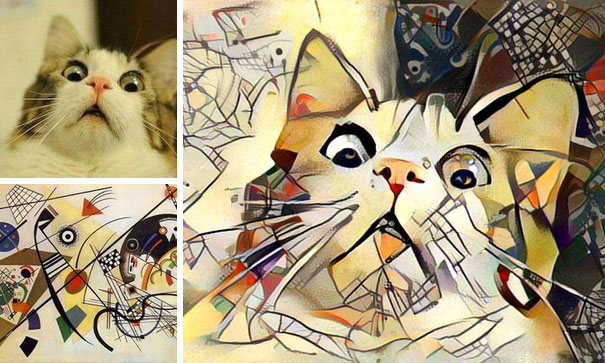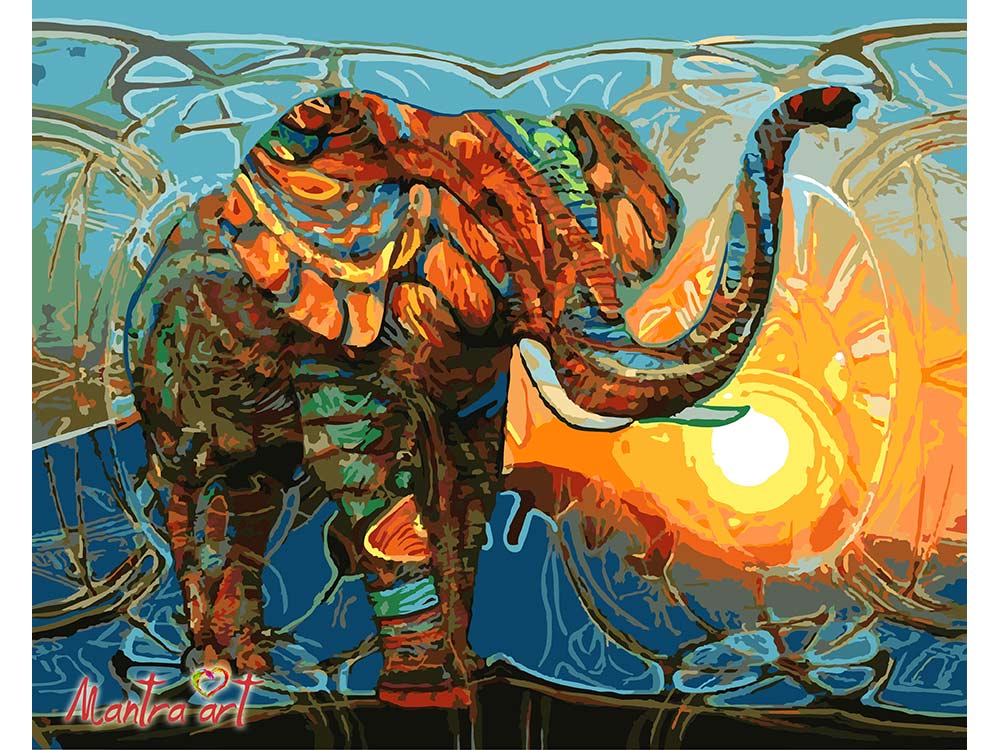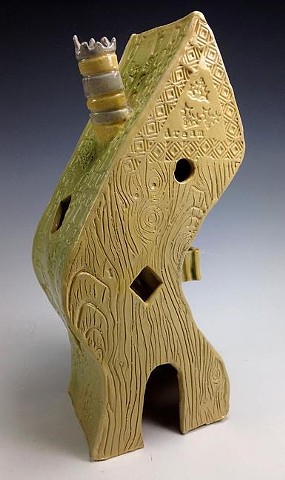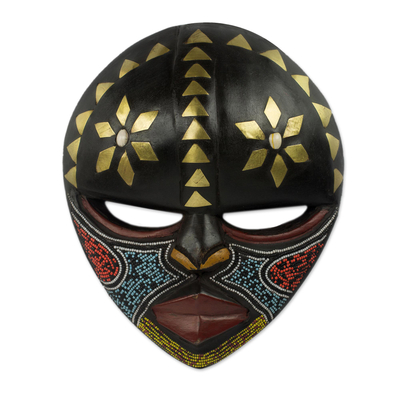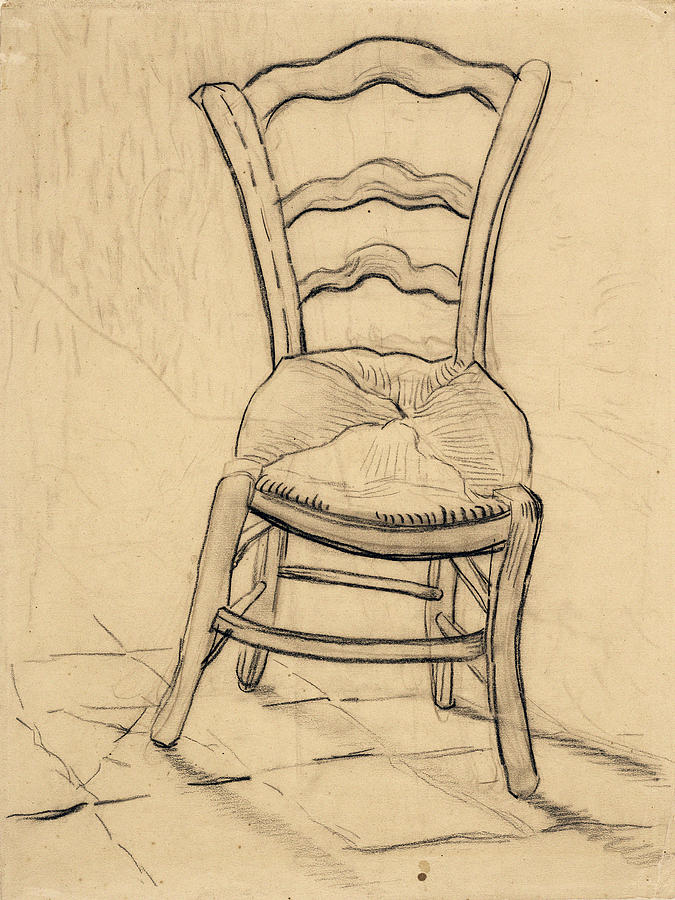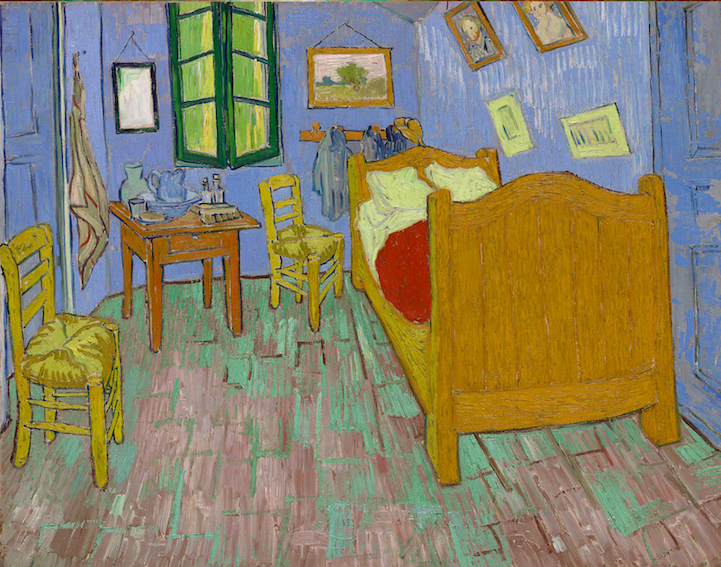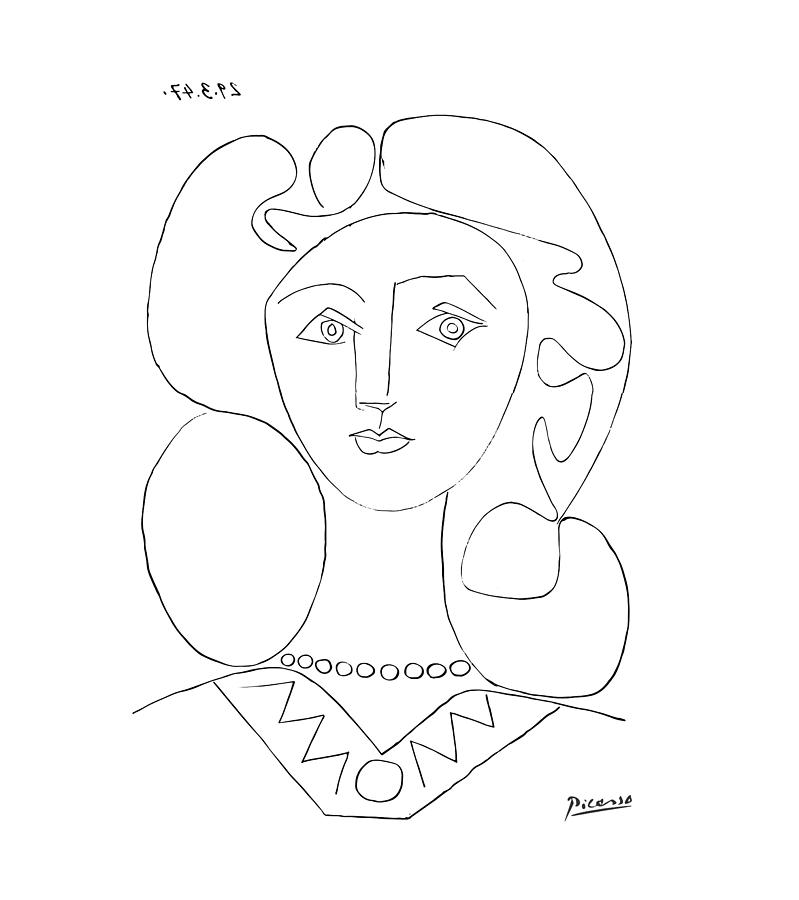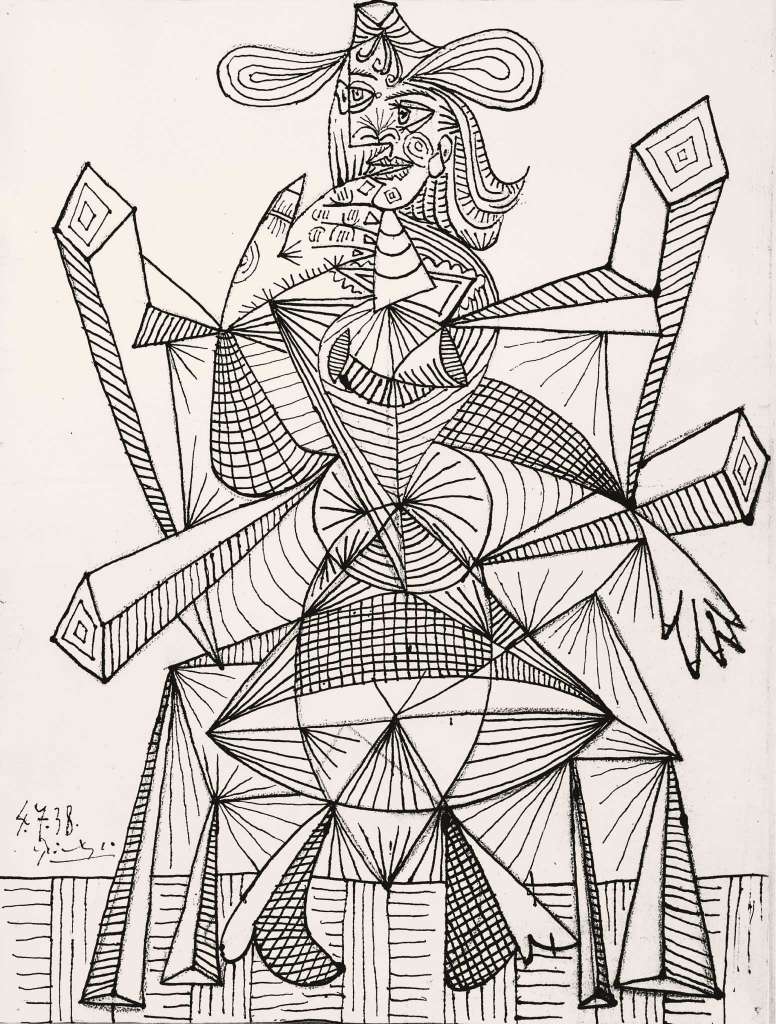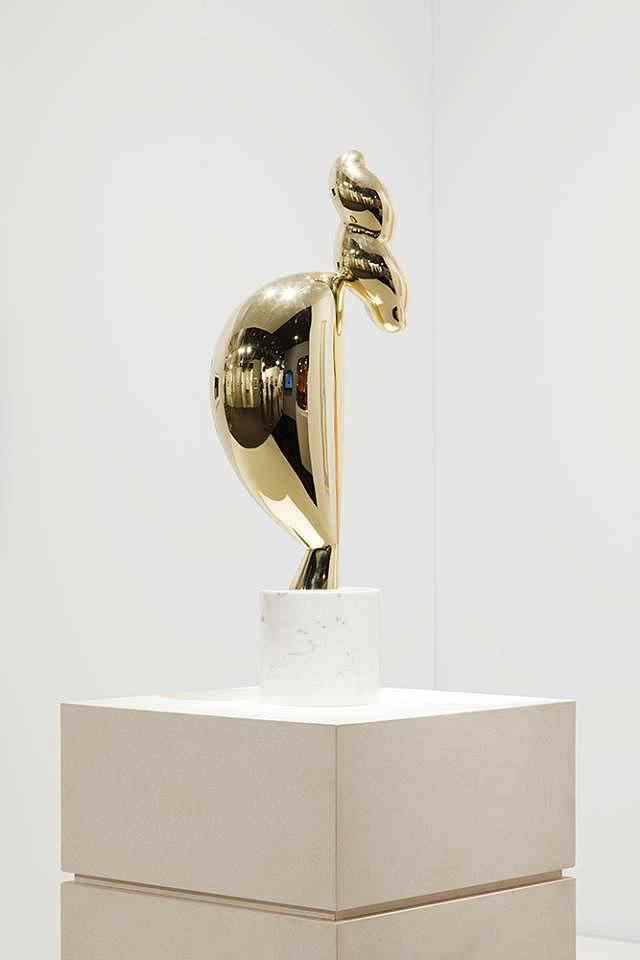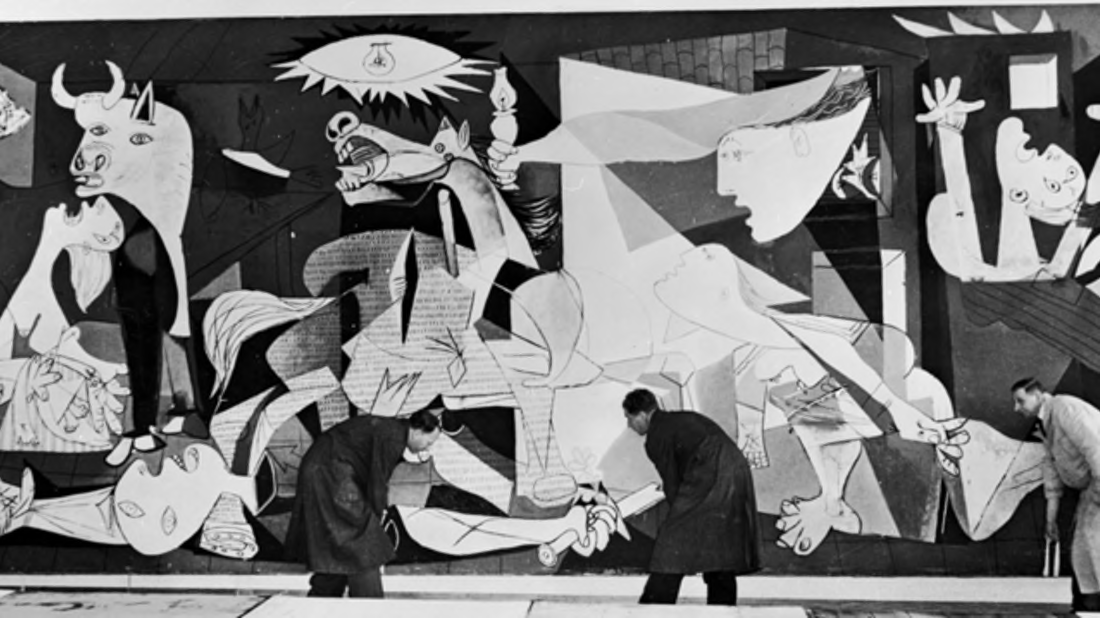Women of Avignon (1907) 96x92"
This large oil painting was created in 1907 by the Spanish artist
Pablo Picasso. The work, part of the permanent collection of the
Museum of Modern Art, portrays five nude female
prostitutes in a
brothel on a street in
Barcelona. Each figure is depicted in a disconcerting confrontational manner and none is conventionally
feminine. The women appear slightly menacing and are rendered with angular and disjointed body shapes. The three figures on the left exhibit facial features in the
Iberian style of Picasso's native Spain, while the two on the right are shown with
African mask-like features. The racial
primitivism evoked in these masks, according to Picasso, moved him to "liberate an utterly original artistic style of compelling, even savage force."
In this adaptation of primitivism and abandonment of
perspective in favor of a flat, two-dimensional
picture plane, Picasso makes a radical departure from traditional European painting. This
proto-cubist work is widely considered to be seminal in the early development of both
cubism and
modern art.
 Guernica (1937) 137x305"
Guernica (1937) 137x305"
This is a very large oil painting on canvas by Spanish artist Pablo Picasso completed in June 1937. Now in the Museo Reina Sofía in Madrid, the gray, black, and white painting was done at Picasso's home in Paris. It is regarded by many art critics as one of the most moving and powerful anti-war paintings in history, and is one of Picasso's best known works.
Standing at 11 ft 5 in tall and 25 ft 6 in wide, the painting shows the suffering of people and animals wrenched by violence and chaos. Prominent in the composition are a gored horse, a bull, screaming women, dismemberment, and flames.



